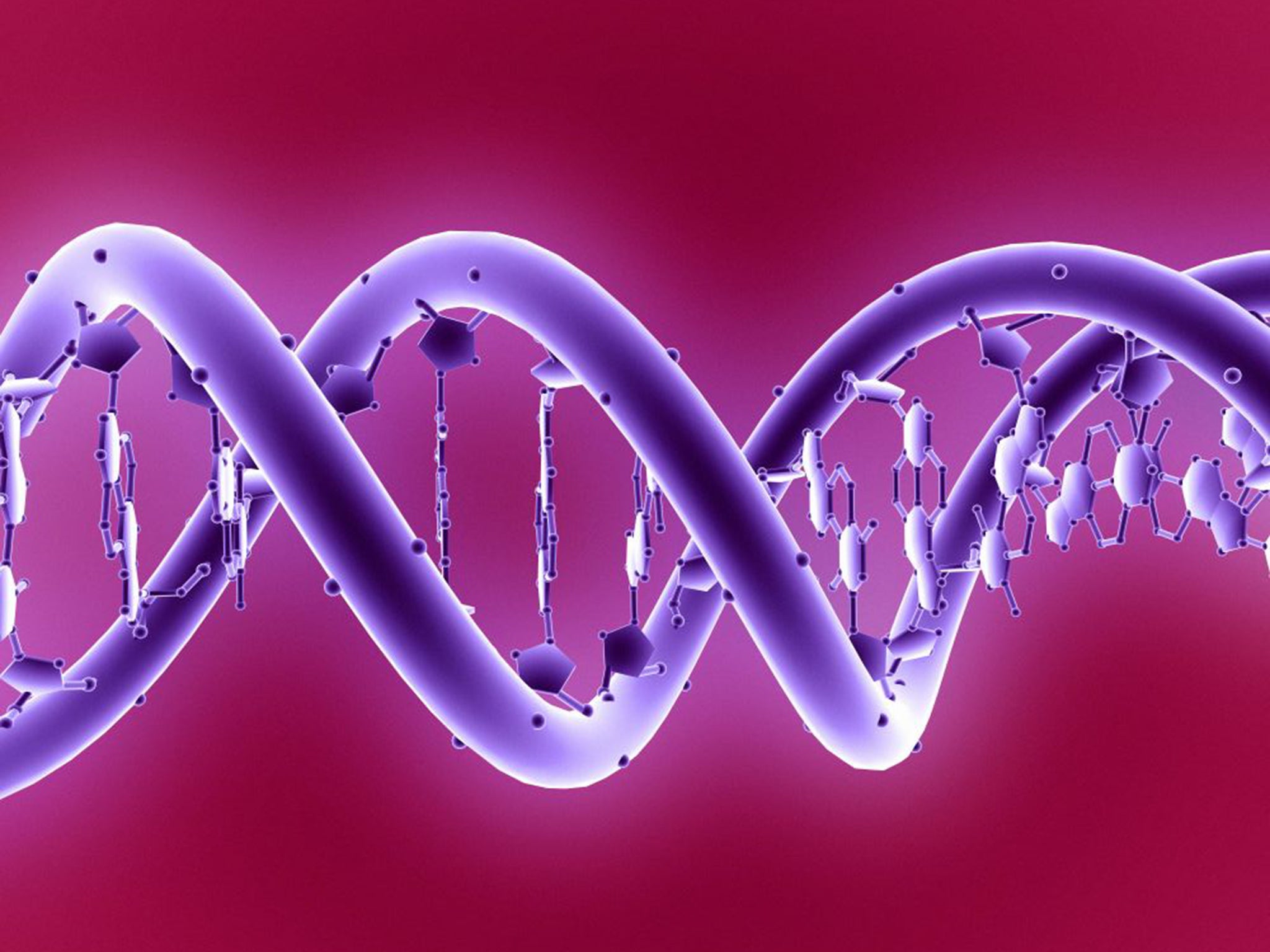Security services concerned amateur 'biohackers' could create biological weapons, academic says
The tools to edit the genes of lifeforms are now cheap and freely available on the internet

Your support helps us to tell the story
From reproductive rights to climate change to Big Tech, The Independent is on the ground when the story is developing. Whether it's investigating the financials of Elon Musk's pro-Trump PAC or producing our latest documentary, 'The A Word', which shines a light on the American women fighting for reproductive rights, we know how important it is to parse out the facts from the messaging.
At such a critical moment in US history, we need reporters on the ground. Your donation allows us to keep sending journalists to speak to both sides of the story.
The Independent is trusted by Americans across the entire political spectrum. And unlike many other quality news outlets, we choose not to lock Americans out of our reporting and analysis with paywalls. We believe quality journalism should be available to everyone, paid for by those who can afford it.
Your support makes all the difference.The security services are concerned that ‘biohackers’ — groups of ordinary people who use genome editing techniques to alter lifeforms — could develop biological weapons or other potentially dangerous substances, an Oxford University academic has said.
Amateur scientists around the world have started using gene editing techniques after the tools became cheap and readily available.
And while most of these groups are harmless, Professor John Parrington told the British Science Festival in Swansea there were fears among other scientists and the security services that the technology could be used to create a new form of deadly virus.
“Who knows what will happen in the future,” he said, raising the prospect of someone making a “biological weapon”.
“There’s some disquiet among the security services about where this is all leading as you might imagine.”
Scientists at Stanford University in the US, he said, had also expressed concerns “that genetic engineering could be out there in the public domain”.
However Professor Parrington, author of the popular science books The Deeper Genome and Redesigning Life, said creating a pathogenic form of bacteria that could cause significant health problems was not easy.
“It’s actually quite difficult and not quite as trivial as some people might think to make a new form of virus that’s lethal,” he said.
“That’s partly because nature is quite good at doing that itself and also because of the dangers to the people concerned.”
And, for the most part, biohackers were enthusiastic amateurs who were involved in entirely peaceful pursuits.
For example, there is one biohacker group in Hackney, east London, who Professor Parrington said were “using genome editing to make a special kind of craft beer”.
“In many ways [biohackers] are people who want to get involved in science, often with no biological experience in the past,” he said.
“Certainly the groups in England have to go through the same procedures of safety [that scientists do].”
Join our commenting forum
Join thought-provoking conversations, follow other Independent readers and see their replies
Comments